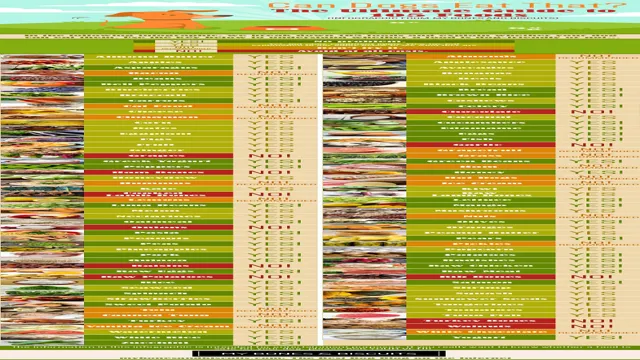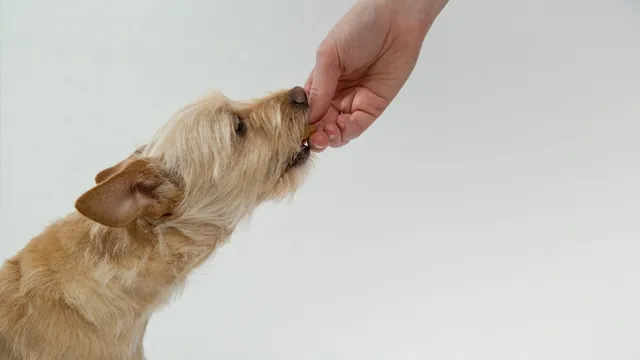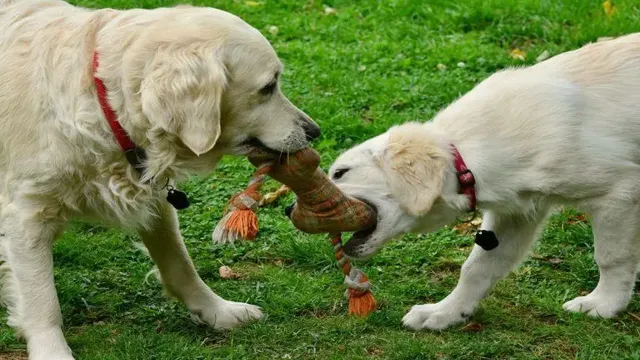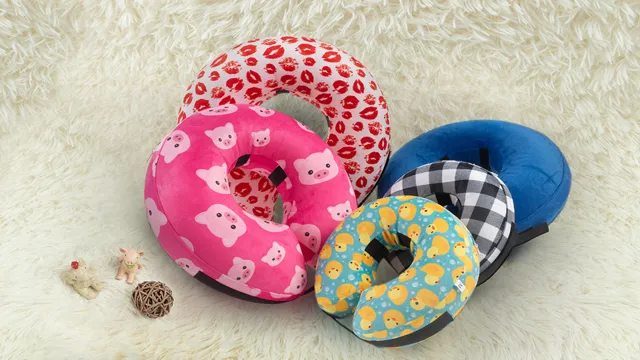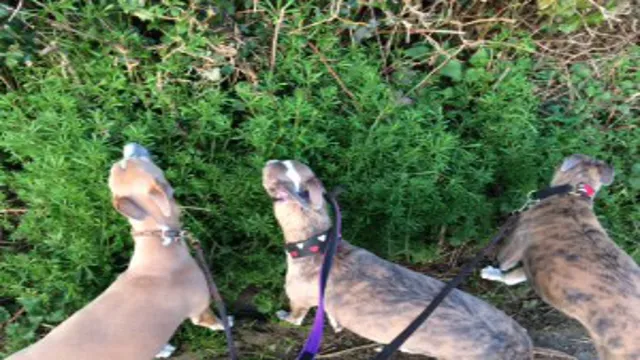Can Dogs Eat After Anesthesia? Important Considerations for Pet Owners
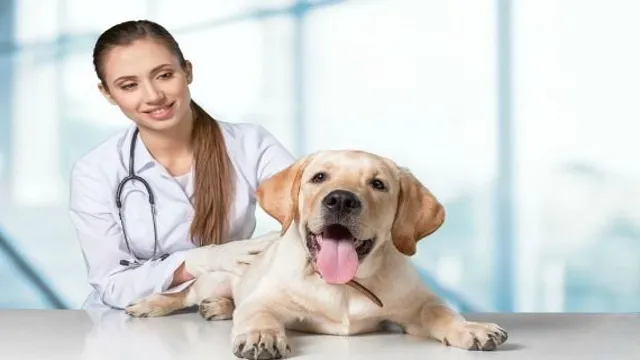
Do you have a beloved pup that recently underwent surgery or anesthesia? You may be wondering if it’s safe for them to eat after their procedure. The answer is yes, but the transition back to their regular diet should be a slow one. In this blog post, we will explore why it’s important to slowly transition your pup back to their diet after anesthesia, what types of food are best for them, and how to monitor their recovery. So if you’re wondering if your pup can eat after anesthesia, read on to find out.
Understanding Anesthesia & Its Effects on Dogs
Anesthesia is an important part of the medical world, and it is no different when it comes to dogs. Anesthesia is a type of drug that is used to put animals in a deep sleep-like state, allowing them to undergo medical procedures without feeling pain. This is important, as it allows veterinarians to perform necessary treatments that can save and improve the lives of our furry companions. Although anesthesia is necessary and helpful, it can also have some side effects, and one of the most commonly asked questions is if dogs can eat after anesthesia. This is a tricky question, as the answer is not always black and white; it usually depends on the individual dog and the type of anesthesia used.
In most cases, once a dog has recovered from the anesthesia, it is safe for them to start eating again. However, it is important to remember that anesthesia can cause nausea, vomiting, and other gastrointestinal issues, so it is best to wait for your vet to give the okay before feeding your pup. Additionally, if your dog is on any medications after the procedure, it is important to make sure that the food you give them does not interfere with the medication. Ultimately, the best way to know if your dog can eat after anesthesia is to consult with your veterinarian. They will be able to give you specific instructions tailored to your pup’s individual needs.
This can help to ensure that your dog recovers quickly and safely from their procedure.
Types of Anesthesia
Anesthesia can be a vital tool in many medical procedures, but it’s important to understand the different types and how they may affect your pet. One common question that pet owners have is whether their dog can eat after anesthesia. The answer depends on the type of anesthesia used, so it’s important to talk to your veterinarian about the procedure and what to expect afterwards. Generally, light or mild anesthesia is safe for dogs to eat after, but for more extensive procedures, your vet may recommend waiting for a few hours or even a day before feeding your dog. In any case, it’s important to follow your vet’s instructions and not give your pet any food until they have been cleared to do so.
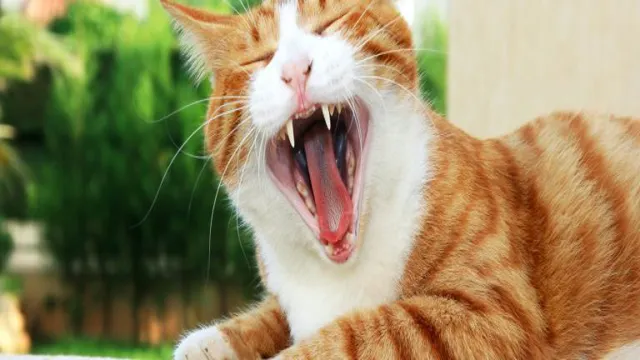
Pre-Anesthetic Tests
Getting your dog ready for anesthesia is an important part of any surgical procedure. As part of the pre-anesthetic testing, veterinarians will ask whether your dog has had anything to eat or drink in the last 12 hours. This is to make sure your pup is in optimal health before they go under the effects of anesthesia. So the answer to the question, “Can dogs eat after anesthesia?” is a resounding no. Eating or drinking before anesthesia can lead to serious complications, so it’s important to make sure your pup is completely fasted before their procedure.
Anesthesia Administration
Giving anesthesia to your dog is a serious medical procedure, and it is important to ensure that your pup is given the best possible care to ensure a safe and successful recovery. One of the key components of caring for a dog after anesthesia is knowing what to feed them. While your dog may be eager to start eating again, it is important to be aware that they can not eat immediately after anesthesia administration. It is recommended to wait at least two to four hours after the procedure before offering food to your pup. This will give their body time to adjust and ensure that the anesthesia has left their system.
If you decide to feed your pup before the recommended time, offer them small amounts of light, easy to digest foods such as boiled chicken and rice. It is also important to make sure that your dog has access to plenty of fresh water to keep them hydrated and help flush the anesthesia from their system.
Recovery From Anesthesia
Recovering from Anesthesia in Dogs: What You Need to Know Anesthesia is a powerful tool used in veterinary medicine to provide pain relief, sedation, and muscle relaxation during surgical procedures. It is important to understand the potential risks associated with anesthesia and the recovery period that may follow. In order for your dog to have a successful recovery from anesthesia, it is important to know what to expect and how to provide the best care for your pet. The effects of anesthesia can have a profound impact on dogs, and the recovery process can be tricky. After the procedure, your dog may be groggy, confused, and disoriented.
It is important to keep your dog in a quiet, comfortable area away from other pets, children, and loud noises. During the recovery period, your dog may be unsteady on his feet and may have difficulty standing or walking. It is important to provide support and help him remain comfortable.
Your veterinarian may provide you with specific instructions on how to care for your dog during recovery. It is important to follow these instructions for the best possible outcome.In most cases, your veterinarian will recommend that your dog not eat for a few hours after the procedure. This helps the body to focus its energy on recovery, rather than digestion. When your dog is ready to eat, it is important to offer small amounts of bland, low-fat food. Boiled chicken, white rice, and vegetables are all good options. Do not feed your dog table scraps or fatty treats as this can cause digestive upset.
Keep an eye on your dog’s eating habits and contact your veterinarian if your dog does not seem to be eating normally. Overall, the recovery period after anesthesia can be difficult and stressful for both you and your pet. With patience and proper care, your dog will make a full recovery. It is important to understand the potential risks associated with anesthesia, and to take the necessary measures to ensure your dog’s successful recovery.
Monitoring Vital Signs
A common question among pet owners is can dogs eat after anaesthesia? Monitoring your pet’s vital signs during and after anaesthesia is essential to ensure their safety. After anaesthesia, pets may experience a decrease in blood pressure, heart rate, and respiratory rate, so it is important to keep a close eye on these vital signs. If all of these vital signs remain stable, then it is usually safe to allow them to eat. However, it is best to consult with your veterinarian for advice on when your pet should resume eating.
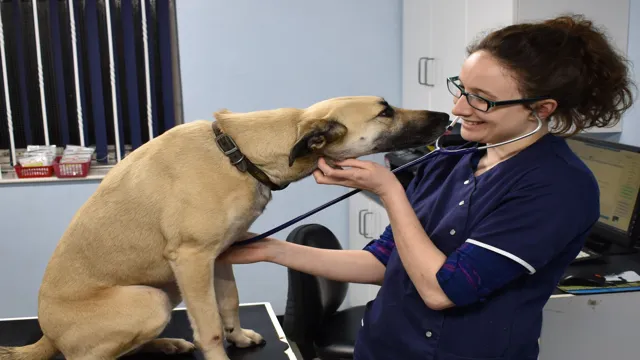
Providing Comfort
When it comes to caring for our canine companions, one of the most important things to consider is their post-anaesthesia diet. As a pet parent, you want to make sure that your pup is comfortable and receiving the right nutrition when recovering from anaesthesia. The good news is that, in most cases, dogs can safely eat after anaesthesia. However, it is important to provide them with food that is soft and easily digestible, as the anaesthesia can cause nausea. It’s also important to provide small and frequent meals, as a large meal can be difficult for them to digest after anaesthesia.
As always, it’s best to consult with your vet to determine the best course of action for your pup. With the right diet and a little extra TLC, you can ensure that your pup is comfortable and happy during their recovery.
Feeding After Anesthesia
After anesthesia, it’s important to ensure your pet’s health and wellbeing by properly feeding them. But the question remains: can dogs eat after anesthesia? The answer is yes – as long as they are well enough to do so. However, it’s important to follow your veterinarian’s instructions. Depending on your pet’s individual needs, they may need to wait a few hours or a few days before eating to allow their body to recover and adjust to being fully awake. Additionally, it’s important to offer small, frequent meals and provide plenty of fresh water to help your pet stay hydrated and nourished.
With this in mind, you can help your furry friend return to optimal health more quickly and safely.
Conclusion
In conclusion, it’s always a good idea to consult your veterinarian before feeding your pup after they’ve had anesthesia. After all, they know best when it comes to Fido’s health! Just remember, even though anesthesia may be a good thing, it’s not always a good idea to feed your pup right away.”
FAQs
Can dogs eat after anaesthesia?
Yes, dogs can eat after anaesthesia but it is important to follow the instruction of the veterinarian.
How soon after anaesthesia can a dog eat?
The time frame for when a dog can eat after anaesthesia will vary depending on the type of anaesthesia used and the dog’s individual needs. Generally, it is recommended to wait at least 2-4 hours before offering food.
Is it safe for dogs to eat after anaesthesia?
Yes, it is safe for dogs to eat after anaesthesia, as long as the veterinarian has given the okay and the dog is showing signs of being alert and responsive.
Are there any special considerations for dogs eating after anaesthesia?
Yes, there are special considerations for dogs that are eating after anaesthesia. It is important to feed smaller, more frequent meals and provide easily digestible foods. It is also important to monitor the dog for any signs of adverse reactions to the anaesthesia.
What type of food should be avoided when a dog is eating after anaesthesia?
Foods that are high in fat and protein should be avoided when a dog is eating after anaesthesia as they can be difficult to digest. It is best to offer foods that are low in fat and high in carbohydrates and fiber.
What should I do if my dog is showing signs of distress after eating after anaesthesia?
If your dog is showing signs of distress after eating after anaesthesia, it is important to contact your veterinarian immediately. Additionally, it is important to monitor your dog’s behavior and appetite over the next few days and contact your veterinarian with any concerns.
